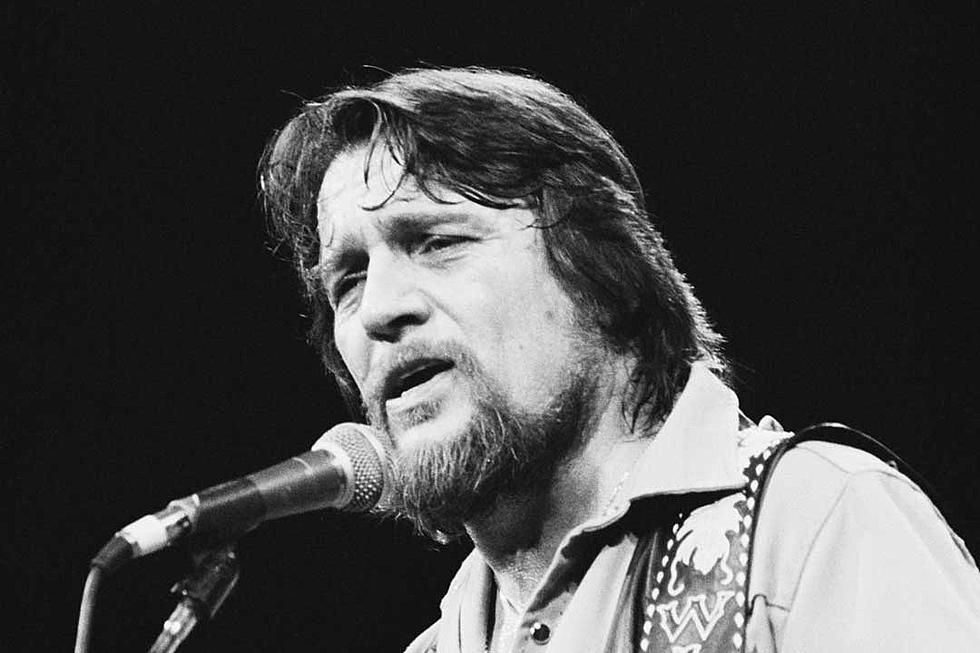Remember When Waylon Jennings Gave His Final Performance?
Waylon Jennings was toward the end of his life and in waning health when he assembled his dream band onstage at the historic Ryman Auditorium in Nashville for what would prove to be the final major concert appearance of his career.
Jennings was still vital and strong when he and his band recorded a concert film titled Never Say Die: The Final Concert over the course of two nights in January of 2000, just two years prior to his death on Feb. 13, 2002.
The icon had established himself as an anti-establishment superstar of the Outlaw Country movement that also gave rise to Willie Nelson and more, peaking with a spectacular run of success in the '70s and '80s that placed him among the most successful artists in country music. That success had long since started to fade by 2000 along with his health, which he had abused over the decades with drinking, drugs and a serious smoking habit.
Jennings quit his legendary cocaine habit in 1984, and he stopped smoking in 1988, but he'd already done longterm damage to his health. The country icon underwent a heart bypass in 1988, and by 2000 his diabetes had worsened to the point where he was looking at ending his touring career.
Jennings decided to go out with a bang, putting together a new band for his final tours called the Waymore Blues Band, which consisted of hand-picked all-star players. For his farewell Ryman show he also invited his wife Jessi Colter, as well as John Anderson, Travis Tritt and Montgomery Gentry.
The resulting concert film shows Jennings diminished, but still powerful in concert as he performs a long set of classics including "Good Hearted Woman," "I'm a Rambling Man," "I've Always Been Crazy" and more. He also gave energetic renditions of "Never Say Die" and "Goin' Down Rockin'" to end his career on the same kind of defiant note that had always defined his relationship with the country music establishment. Click on the video at the top of the story to watch Jennings perform "Never Say Die" from that final performance.
The country icon would rarely perform in public again as his health worsened and he chose to spend the rest of his days at home with his family. He underwent surgery to improve the circulation in his legs in 2000, and his left foot was amputated in 2001 due to diabetes. Jennings died of complications of diabetes on Feb. 13, 2002, in Chandler, Ariz., and was laid to rest in Mesa, Ariz., on Feb. 15.
Traditional Country Fans Will Love Riley Green
These Country Artists Are Keeping Traditional Country Alive:
More From KEAN 105
![‘American Idol': Teenage Country Singer Emily Faith Earns Hollywood Ticket After ‘Good Hearted Woman’ Cover [Watch]](http://townsquare.media/site/204/files/2022/03/attachment-Screen-Shot-2022-03-14-at-11.23.10-AM.jpg?w=980&q=75)









